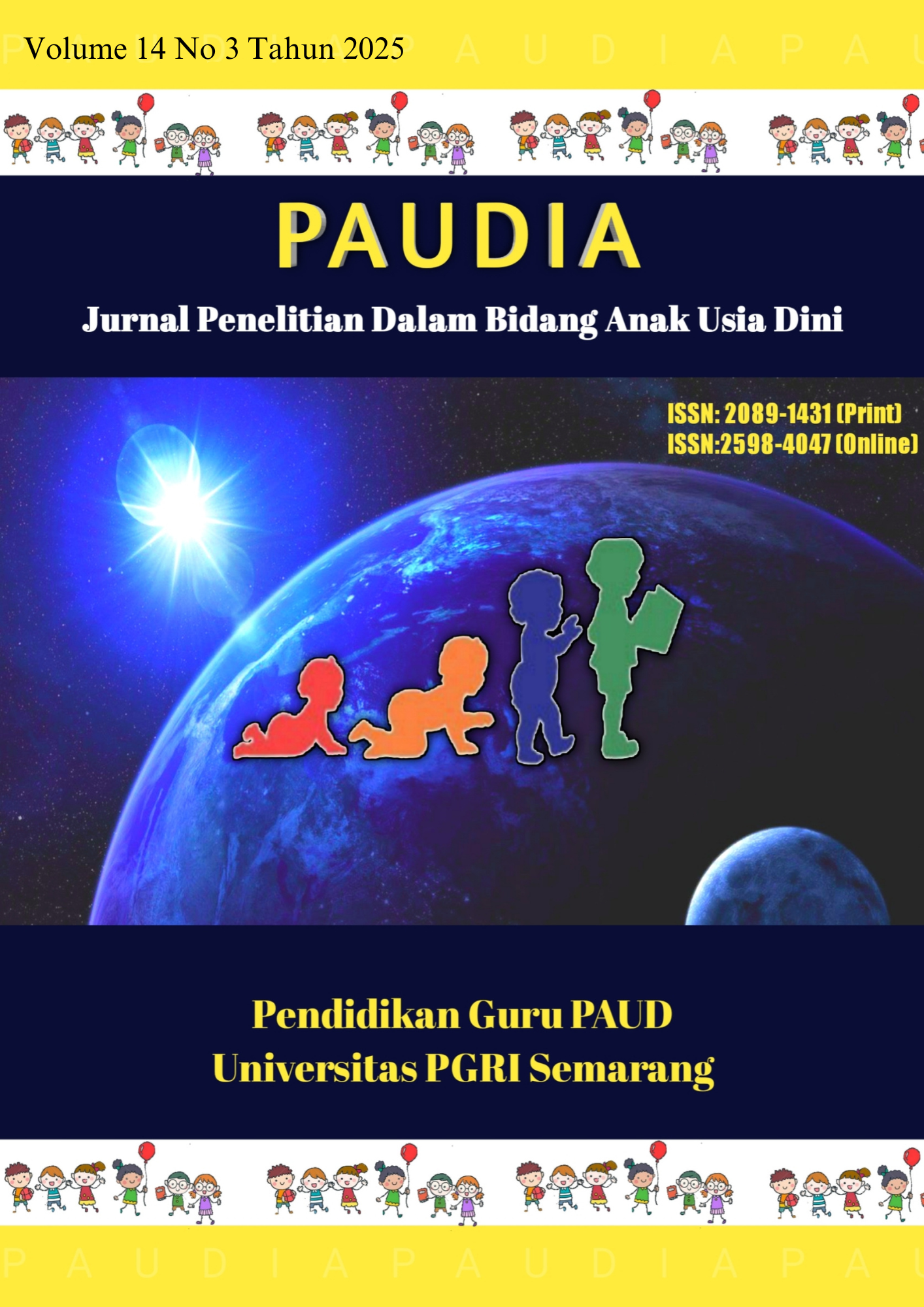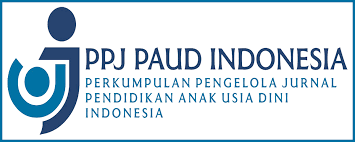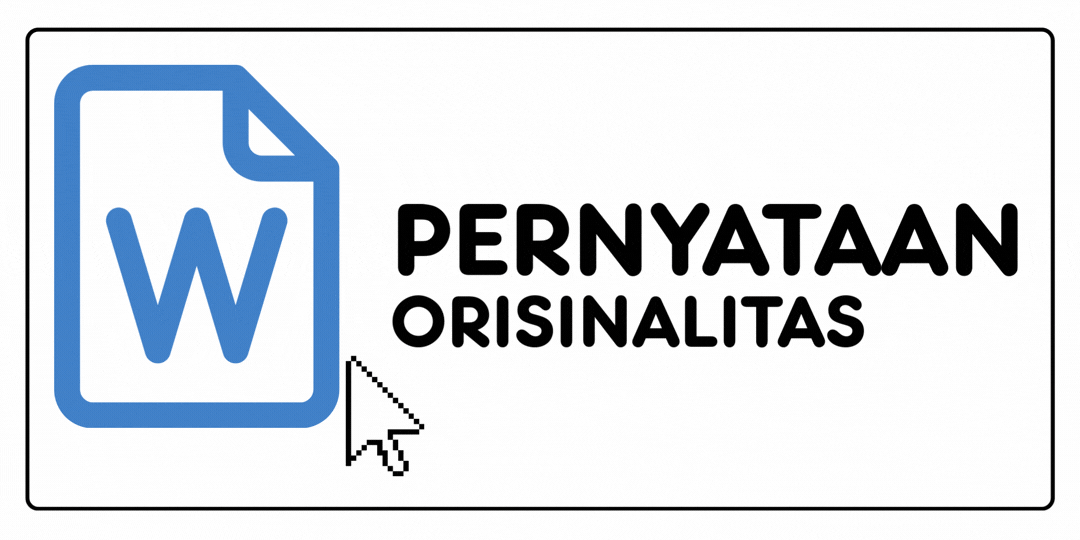Implementasi Komponen Manajemen Berbasis Sekolah pada Jenjang Pendidikan Anak Usia Dini: Tinjauan Pustaka Sistematis
DOI:
https://doi.org/10.26877/paudia.v14i3.1807Kata Kunci:
Komponen, Manajemen Berbasis Sekolah, Pendidikan Anak Usia DiniAbstrak
Konsep Manajemen Berbasis Sekolah (MBS) telah muncul sebagai strategi kunci untuk meningkatkan kualitas pendidikan dalam konteks otonomi daerah. Ini menawarkan solusi potensial untuk berbagai tantangan yang dihadapi oleh lembaga pendidikan. Tinjauan literatur sistematis dilakukan untuk menganalisis komponen-komponen manajemen berbasis sekolah yang telah dibahas, diteliti atau dievaluasi di tingkat lembaga pendidikan anak usia dini selama dekade terakhir (2019-2024). Sebanyak sembilan studi dimasukkan dalam tinjauan ini dan ditemukan bahwa profesionalisme kepala sekolah, kinerja guru, pengembangan kurikulum, metode dan inovasi pembelajaran, potensi peserta didik, pengadaan sarana dan prasarana, pengendalian biaya operasional sekolah, program sekolah, kemitraan sekolah dan masyarakat dan budaya dan karakter sekolah dibahas dalam implementasi manajemen berbasis sekolah. Tinjauan ini juga menunjukkan pandangan dan evaluasi positif terhadap implementasi elemen-elemen manajemen berbasis sekolah. Selain itu, hasilnya menunjukkan bahwa implementasi komponen-komponen manajemen berbasis sekolah meningkatkan kualitas satuan pendidikan. Namun, penelitian yang lebih mendalam akan diperlukan di masa mendatang untuk memberikan pedoman yang jelas bagi penulis dalam menilai implementasi manajemen berbasis sekolah pada tingkat unit pendidikan tertentu.
Referensi
Adams, C. M., & JeanMarie, G. (2011). A diffusion approach to study leadership reform. Journal of Educational Administration, 49(4). https://doi.org/10.1108/09578231111146452
Agbi, R. M., Nudzor, H. P., & Agbevanu, W. K. (2024). School Management Committees’ Knowledge And Involvement In School Improvement Plans: Implications For Quality Education. Educational Planning, 31(2), 63–79. https://eric.ed.gov/?id=EJ1425314
Arar, K., & Nasra, M. A. (2020). Linking school-based management and school effectiveness: The influence of self-based management, motivation and effectiveness in the Arab education system in Israel. Educational Management Administration and Leadership, 48(1). https://doi.org/10.1177/1741143218775428
Beasley, E., & Huillery, E. (2017). Willing but unable? Short-term experimental evidence on parent empowerment and school quality. World Bank Economic Review, 31(2). https://doi.org/10.1093/wber/lhv064
Burhanuddin. (2018). Tingkat Pembelajaran Inkuiri terhadap Aktivitas dan Hasil Belajar Peserta Didik Kelas XI-A dan XI-B SMA Negeri I Sinjai Utara Kabupaten Sinjai [Universitas Islam Negeri Alauddin Makassar]. https://repositori.uin-alauddin.ac.id/13142/
Caldwell, B. J. (2005). School-based management. International Institute for Educational Planning. https://inee.org/sites/default/files/resources/Caldwell__B._J._2005_School-based_management.pdf
Cornito, C. M. (2021). Striking a Balance between Centralized and Decentralized Decision Making: A School-Based Management Practice for Optimum Performance. International Journal on Social and Education Sciences. International Journal on Social and Education Sciences, 3(4), 656–669. https://doi.org/https://doi.org/10.46328/ijonses.217
Day, C., Gu, Q., & Sammons, P. (2016). The Impact of Leadership on Student Outcomes: How Successful School Leaders Use Transformational and Instructional Strategies to Make a Difference. Educational Administration Quarterly, 52(2). https://doi.org/10.1177/0013161X15616863
De Grauwe, P. (2012). The Governance of a Fragile Eurozone. Australian Economic Review, 45(3). https://doi.org/10.1111/j.1467-8462.2012.00691.x
Hanushek, E. A., Peterson, P. E., & Woessmann, L. (2013). Endangering prosperity: A global view of the American school. In Endangering Prosperity: A Global View of the American School. https://books.google.com/books?hl=id&lr=&id=fMagAwAAQBAJ&oi=fnd&pg=PP1&dq=Endangering+prosperity:+A+global+view+of+the+American+school.&ots=u-xYllsYGU&sig=vTmIVfXvWCAVd0f4Y0VSd4GwPS0
Ishii, Y., & Ogawa, K. (2024). An Analysis of School-Based Management on Learning Achievement in Senegal Primary Education. Educational Process: International Journal, 13(2), 72–89. https://doi.org/https://doi.org/10.22521/edupij.2024.132.5
Jinha, A. (2010). Article 50 million: An estimate of the number of scholarly articles in existence. Learned Publishing, 23(3). https://doi.org/10.1087/20100308
Kamila, I. N. (2017). Perbedaan kinerja mengajar guru pendidikan anak usia dini ditinjau dari latar belakang pendidikan. Tunas Siliwangi: Jurnal Program Studi Pendidikan Guru PAUD STKIP Siliwangi Bandung, 3(1), 38–56. https://doi.org/https://doi.org/10.22460/ts.v3i1p38-56.317
Kareem, J., Mukherjee, H. A. P., Patrick, H. A., Prabakaran, N., Prabakaran, N., B, V. Bv., Tantia, V., Tantia, V., & Kumar, P. (2023). Transformational educational leaders inspire school educators’ commitment. Frontiers in Education, 8. https://doi.org/https://doi.org/10.3389/feduc.2023.1171513
Khumalo, J. B. (2023). School Management Support for Parental Involvement in Education. Bulgarian Comparative Education Society.
Koc, A., & Bastas, M. (2019). Project Schools as a School-Based Management Model. International Online Journal of Education and Teaching, 6(4), 923–942. https://doi.org/http://iojet.org/index.php/IOJET/article/view/679
Kurniawan, A., & Nurdin, D. (2023). The collapse of democratic principles in implementing school-based management in Islamic elementary schools during the COVID-19 pandemic. International Journal of Education and Practice, 11(2). https://doi.org/https://doi.org/10.18488/61.v11i2.3290
Legčević, J. (2009). Quality Gap of Educational Services in Viewpoints of Students. Ekonomska Misao i Praksa / Economic Thought and Practice, 2(2). https://hrcak.srce.hr/48561
Mansur, N. (2013). MENINGKATAN MUTU PENDIDIKAN MELALUI PENERAPAN MANAJEMEN BERBASIS SEKOLAH. Jurnal Ilmiah Didaktika, 14(1). https://doi.org/10.22373/jid.v14i1.487
Marliana, L., Dewi, N. F. K., & Jaya, D. E. (2025). Implementation of Inclusive Education in Playgroups. PAUDIA: Jurnal Penelitian Dalam Bidang Pendidikan Anak Usia Dini, 14(2). https://doi.org/https://doi.org/10.26877/paudia.v14i2.1614
Mazouak, A., Tridane, M., & Belaaouad, S. (2019). Digital management of schools contributions, challenges and constraints case of Morocco. International Journal of Recent Technology and Engineering, 8(3). https://doi.org/10.35940/ijrte.C5127.098319
Moradi, S., Hussin, S. Bin, & Barzegar, N. (2012). School-Based Management (SBM), Opportunity or Threat (Education systems of Iran). Procedia - Social and Behavioral Sciences, 69. https://doi.org/10.1016/j.sbspro.2012.12.179
Puspita, R., Bambang, S., & Wiyono, B. (2013). Pengaruh Kualitas Pelayanan Sekolah Terhadap Kepuasan Peserta Didik Dan Orangtua Peserta Didik. Manajemen Pendidikan , 24(2).
Sanjaya, D. B., Suartama, I. K., Suastika, I. N., Sukadi, & Mas Dewantara, I. P. (2021). The implementation of balinese folflore-based civic education for strengthening character education. Cypriot Journal of Educational Sciences, 16(1). https://doi.org/10.18844/cjes.v16i1.5529
Shoraku, A., & Tonegawa, Y. (2016). Local Response to School-based Management Reforms: The Case of School Support Committees in Cambodia. 香川大学インターナショナルオフィスジャーナル 7, 7, 33–50.
Sikora, M., Pitulko, V. V., Sousa, V. C., Allentoft, M. E., Vinner, L., Rasmussen, S., Margaryan, A., de Barros Damgaard, P., de la Fuente, C., Renaud, G., Yang, M. A., Fu, Q., Dupanloup, I., Giampoudakis, K., Nogués-Bravo, D., Rahbek, C., Kroonen, G., Peyrot, M., McColl, H., … Willerslev, E. (2019). The population history of northeastern Siberia since the Pleistocene. Nature, 570(7760). https://doi.org/10.1038/s41586-019-1279-z
Sousa, I., & Ferreira, E. (2024). Students’ participation in democratic school management: A systematic literature review. JSSE-Journal of Social Science Education, 23(1). https://doi.org/https://doi.org/10.11576/jsse-6333
Triwiyanto, T., & Kusumaningrum, D. E. (2024). Fitur Otonomi dan akuntabilitas Manajemen Berbasis Sekolah. Literasi Nusantara Abadi Grup.
Tuti, R. W. D., & Mufidayati, K. (2018). The Collaborative Governance Models On Educational Autonomy Implementation In Jakarta (Case Study In SMPN And SMAN, South Jakarta). https://doi.org/10.2991/aapa-18.2018.19
Utari, R., Surya, P., & Rahmawati, T. (2013). Pembentukan Iklim Sekolah Dalam Perspektif Learning Community. Manajemen Pendidikan, 24(1), 21–31.
Vitriana, B., Purwanti, S., Honest, B., & Ramadhani, D. (2024). Kesiapan Sekolah dalam Melaksanakan Pendidikan Inklusi di PAUD. PAUDIA: Jurnal Penelitian Dalam Bidang Pendidikan Anak Usia Dini, 13(2). https://doi.org/https://doi.org/10.26877/paudia.v13i2.574
Wahidah, Formen, A., & Pranoto, Y. K. S. (2025). Early Childhood Literacy Stimulation by Parents (Systematic Literature Review). PAUDIA: Jurnal Penelitian Dalam Bidang Pendidikan Anak Usia Dini, 14(2). https://doi.org/https://doi.org/10.26877/paudia.v14i2.1380
Widoyoko, S. E. P., & Rinawati, A. (2012). The effect of teacher performance on student learning motivation. Journal of Cakrawala Pendidikan, 2(2), 278–289.
Wiyono, B. B., Kusumaningrum, D. E., Gunawan, I., & Ardiansyah, M. (2019). Implementation of school management based on a balanced scorecard and its relationship with headmaster attributes in Indonesia. International Journal of Innovation, Creativity and Change, 5(4). https://www.ijicc.net/images/vol5iss4/5412_Wiyono_2019_E_R.pdf
Unduhan
Diterbitkan
Terbitan
Bagian
Lisensi
Hak Cipta (c) 2025 Septiana Br Ginting, Noviana Mustapa, Siti Aisyah, Laila Maharani

Artikel ini berlisensiCreative Commons Attribution-NonCommercial-ShareAlike 4.0 International License.







